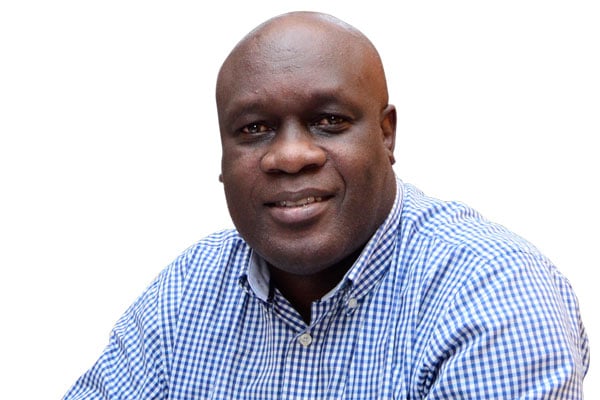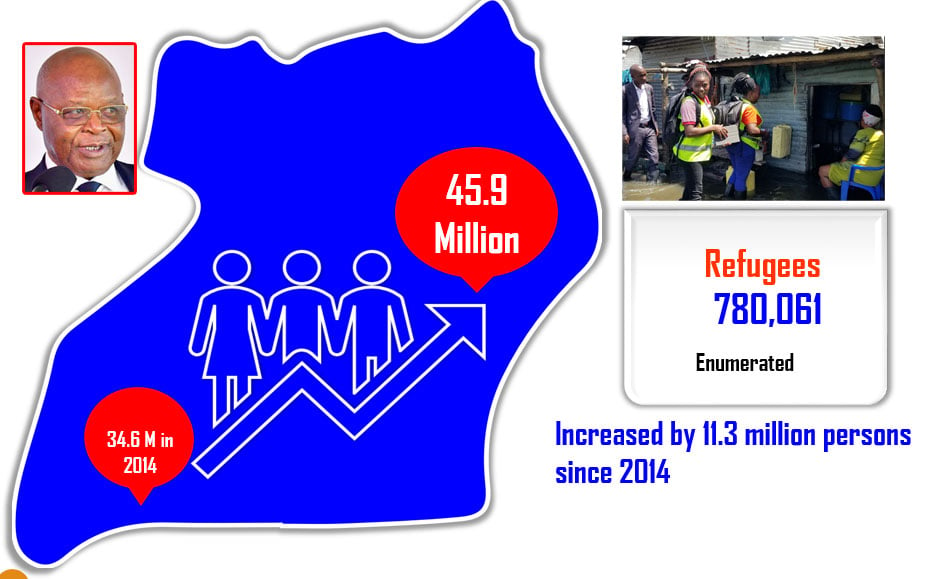Prime
What is good for Museveni is also good for Bobi Wine

Author: Odoobo C. Bichachi is the Nation Media Group (NMG)-Uganda public editor. PHOTO/FILE.
What you need to know:
- Mr Odoobo C Bichachi says: Not all hard-hitting stories are biased, and not all positive stories are accurate.
Daily Monitor reporter Stephen Kafeero (now on sabbatical) on Tuesday stirred a hornet’s nest with his tweet about former presidential candidate Robert Kyagulanyi, aka Bobi Wine’s press conference, at which he “unveiled evidence” that he won the election with 54.2 per cent.
He tweeted: Also @NUP_Ug last tweeted in Jan (17th). Their website seems to have been last updated on Dec 29, 2020. You then parade some box files & expect UGs to take them seriously. One of the failures of our journalism is not to hold both the junta and Opposition accountable!” My response to his tweet was: ‘Well said! Independent media must ask of Opposition the same questions it asks government. That is what holding power to account means.’
The Uganda media has been accused of bias in the just concluded election – and ongoing political coverage – depending on which politician and supporters are unhappy at time T against media house X. Many have said President Museveni’s every statement is scrutinised and he is called out for “lying” while Opposition leaders like Bobi Wine are left to get away with “lies”, even glaring ones! While journalists may get away with biased reporting (often it is a matter of opinion), they shouldn’t get away with shallow reporting.
I picked a few notes that Glenn Halbrooks, a TV news director with experience spanning 30 years, wrote for The Balance Careers on How to Write News Stories About Politics (www.thebalancecareers.com) . I highlight just five of them for the benefit of our journalists covering politics and politicians today and tomorrow, and for readers to be able to evaluate that election story in the newspaper, radio, television or online.
- Offer more than just “horse race coverage” of a political campaign: Reporting news on politics should be more than just relaying which candidates are up or down during the campaign. Critics call that “horse race coverage” because it resembles an announcer at the Kentucky Derby rather than thorough news reporting. Learn how to interpret poll numbers and dig for the story behind the facts and figures to offer insight to the voters that they wouldn’t get by just reading daily poll numbers.
- Avoid media bias when covering political news stories. Candidates, media critics and the voters themselves are quick to accuse media of bias in their coverage of news on politics. Protect yourself from these attacks by making sure your news stories are accurate and fair to all candidates, even if your story puts a campaign in a negative light. Not all hard-hitting stories are biased, and not all positive stories are accurate.
- Avoid accusations of bias by not getting too chummy with a candidate. Covering a campaign day-to-day puts you in close contact with the candidate and his staff. While you may be on friendly terms, make sure you keep your professional distance. Understand the risks involved if you get too chummy with a candidate. While you may feel that you have the inside track to get exclusive information, often there are strings attached that could compromise your ethical standards.
- Understand how politicians use media to win elections. Politicians and their assistants know more about how news on politics is reported than some people who work in media. They can use that knowledge to manipulate reporters and news coverage to boost their campaigns. Some may host phony news conferences, while others may go on the attack against the media to try to impress voters. By knowing their tricks, you can guard against being used.
- Focus on campaign issues when reporting on candidates. Most voters say when it comes to getting news on politics, what they want to know most of all is where the candidates stand on the issues. To answer these questions, you have to understand the issues yourself. Know how to find out from voters which issues they think are most important. That way, a candidate won’t be able to fool you into thinking his pet issue is also the top concern of your audience.
*****
Halbrooks may have been addressing himself to American journalists, but looking at the pre- and post-2021 election coverage as journalists and as a reader or viewer, where do we rate Uganda election journalism in regard to the above five points? Well, the jury is still out there!
Send your feedback/complaints to [email protected] or
call/text on +256 776 500725.




